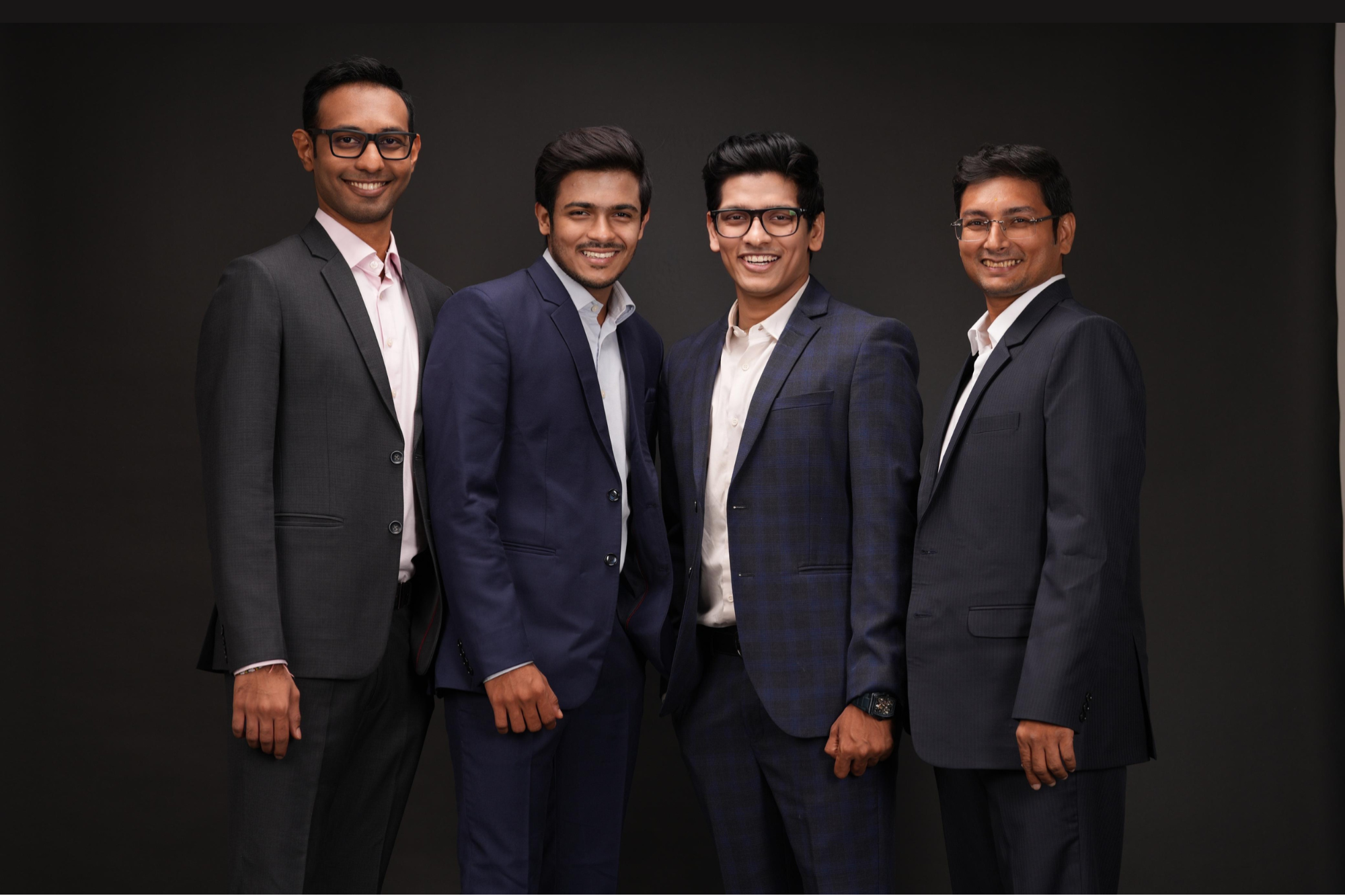Gujarat Will Be Global Destination For Semiconductor & Electronics Manufacturing: CM Bhupendra Patel The CM highlighted that Gujarat stands as the pioneer in the nation by being the first to announce a semiconductor policy
You're reading Entrepreneur India, an international franchise of Entrepreneur Media.

As India aspires to become a $5 trillion economy and strives for self-reliance, it seeks to integrate into the semiconductor industry. With a robust ecosystem of fabless companies excelling in chip design, India is positioning itself in the intricate landscape of semiconductor manufacturing. Recognizing the global demand for a dependable chip supply chain, Gujarat will play a crucial role in this evolving landscape.
Addressing the Semiconductor and Electronics Seminar on the second day of the tenth edition of the Vibrant Gujarat Summit, Chief Minister Bhupendra Patel conveyed confidence in positioning Gujarat as a 'Global Destination for Semiconductor and Electronics Manufacturing'. He highlighted that Gujarat stands as the pioneer in the nation by being the first to announce a semiconductor policy.
The rapid proliferation of technology across India is evident, with smart technology integration escalating in sectors such as health, agriculture, and logistics, impacting various facets of human life. The pervasive influence of the Internet of Things and Artificial Intelligence in daily life highlights the pivotal role played by semiconductor chips and electronic devices.
Showing confidence in the sector, Union Minister of Electronics and Railways, Shri Ashwini Vaishnaw, said that the country's first Make in India chip will be produced in Gujarat in 2024.
On the first day of the summit, Sanjay Mehrotra, the CEO of Micron, conveyed his appreciation for the exceptional cooperation from the state government and the Government of India. He stated that India is on the brink of establishing a robust semiconductor supply chain in the near future. Micron Technology has begun construction on its chip assembly and test facility in Sanand, Gujarat, India. Additionally, The Tata Group has made a commitment and will be announcing a semiconductor fab in Dholera in Gujarat. "We will conclude negotiations and begin work in 2024," said N Chandrasekaran, chairman of Tata Sons.
The semiconductor industry comprises companies that design, fabricate, assemble, test, and supply semiconductors that are suitable for various applications. While India has been strong in design, the country would be making strides in fab manufacturing. In December 2021, the Indian government earmarked INR 2,30,000 crore to position India as global hub for electronics manufacturing with semiconductors as the foundational building block. An outlay of INR 76,000 crore was allocated for the development of semiconductors and display manufacturing ecosystem in India.











